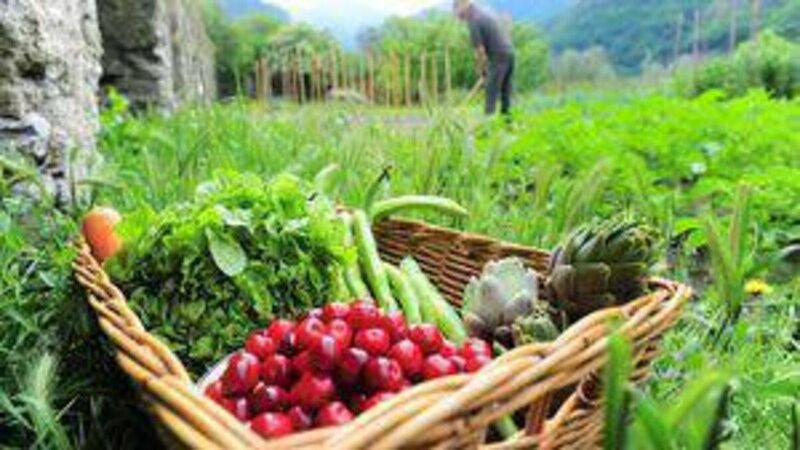Concerns raised over Agri-Food 2030 strategy

IFA says the Agri-Food 2030 strategy is a 'crucial moment' for agriculture in Ireland. File Picture.
An Taisce has voiced its concern over the Agri-Food 2030 strategy which has gone to public consultation.
An Taisce formally left the agri-food 2030 committee on the grounds that the strategy, as drafted, was “entirely inadequate to meet the social and environmental challenges the country faces”.










